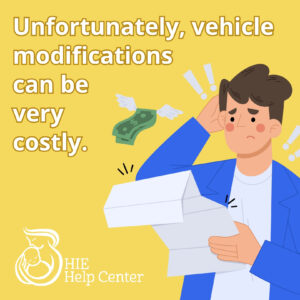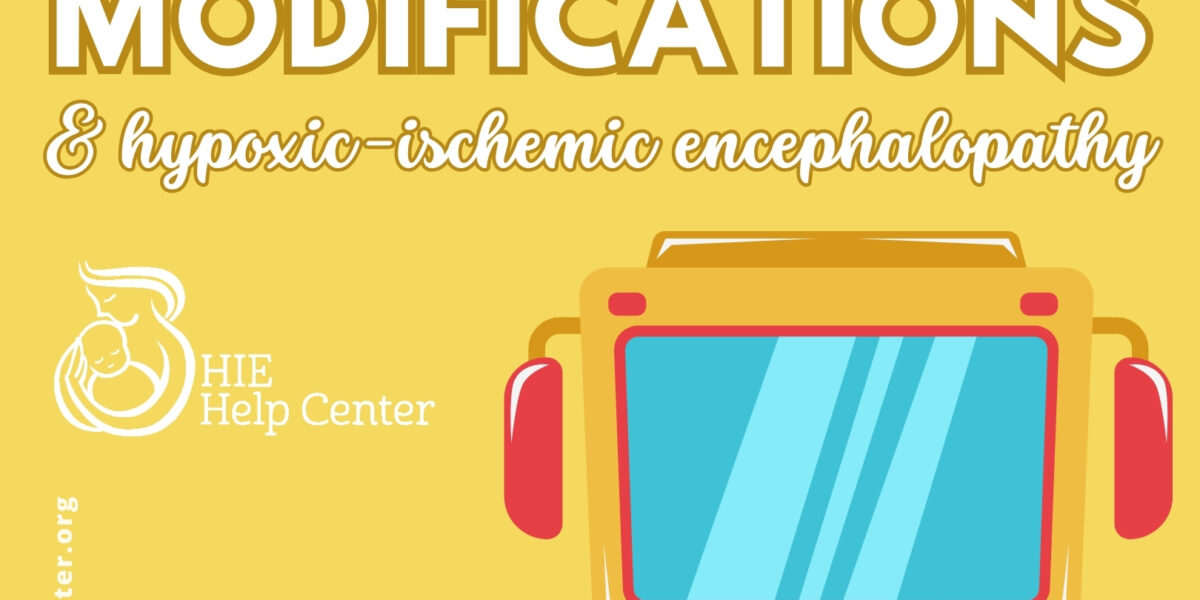In recent years, there was an increase in the number of options available to individuals with disabilities, in terms of personal transport. Cars and vans can be modified with features such as hand controls or wheelchair lifts.
For a comprehensive primer on adapted vehicles and options for vehicular modifications, please visit the United Spinal Association’s Resource Center’s page with tips for modifying a vehicle.
Who provides help with funding for vehicular modifications?
 Vehicles with specialized modifications can often be expensive, however. There are several vehicle dealerships, mobility organizations and other groups that can help defray the costs of modifying a vehicle for your specific needs:
Vehicles with specialized modifications can often be expensive, however. There are several vehicle dealerships, mobility organizations and other groups that can help defray the costs of modifying a vehicle for your specific needs:
Mobility Works
Mobility Works provides information on how vocational rehabilitation programs can help curb the cost of some modified vans. They provide direct links to disability assistance and grants in each of the 50 states.
National Highway Traffic Safety Administration (NHTSA)
The National Highway Traffic Safety Administration (NHTSA) provides information for selecting, modifying and paying for a modified vehicle.
National Mobility Equipment Dealers Association
The National Mobility Equipment Dealers Association is a non-profit association of mobility equipment manufacturers, dealers, driver rehabilitation specialists, and other mobility professionals. They focus on:
- Improving the lives of disabled people and
- Driving independence through the use of wheelchair accessible vehicles
This organization frequently partners with individual dealerships and can provide financing information to make such vehicles more affordable.
Association for Driver Rehabilitation Specialists
The Association for Driver Rehabilitation Specialists supports professionals working in the field of driver education/driver training and transportation equipment modifications for persons with disabilities through education and information dissemination. They provide a searchable database of medical equipment and mobility equipment providers on their site.
The organization also allows some individuals to connect with a Certified Driver Rehabilitation Specialist that can help them explore alternative transportation solutions. Rehabilitation specialists help to evaluate exactly what modifications are needed in a vehicle on a case-by-case basis.

